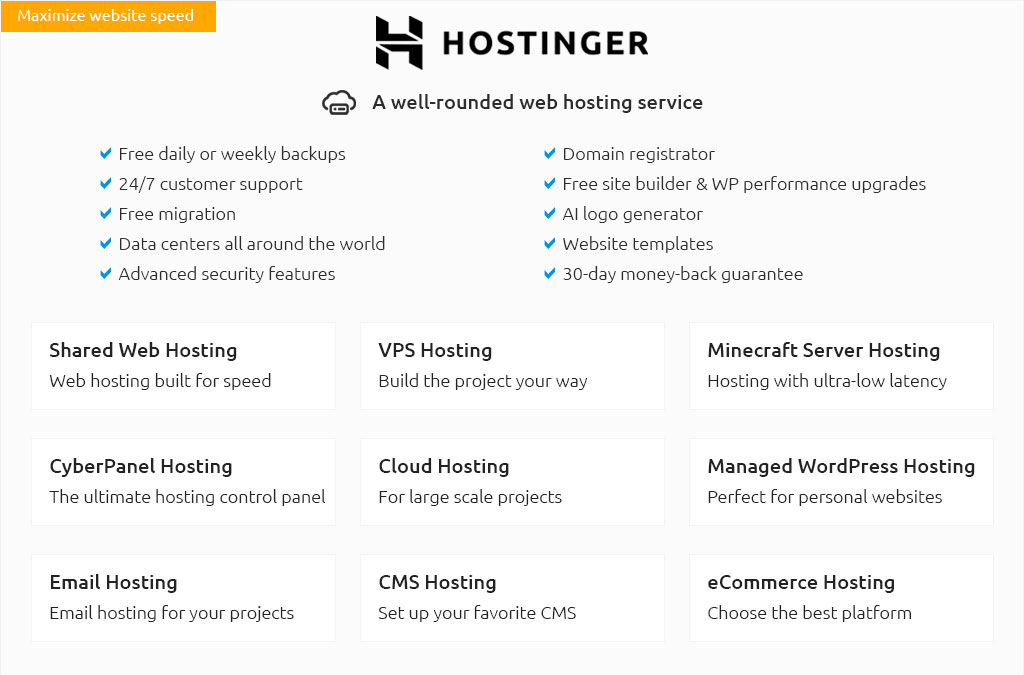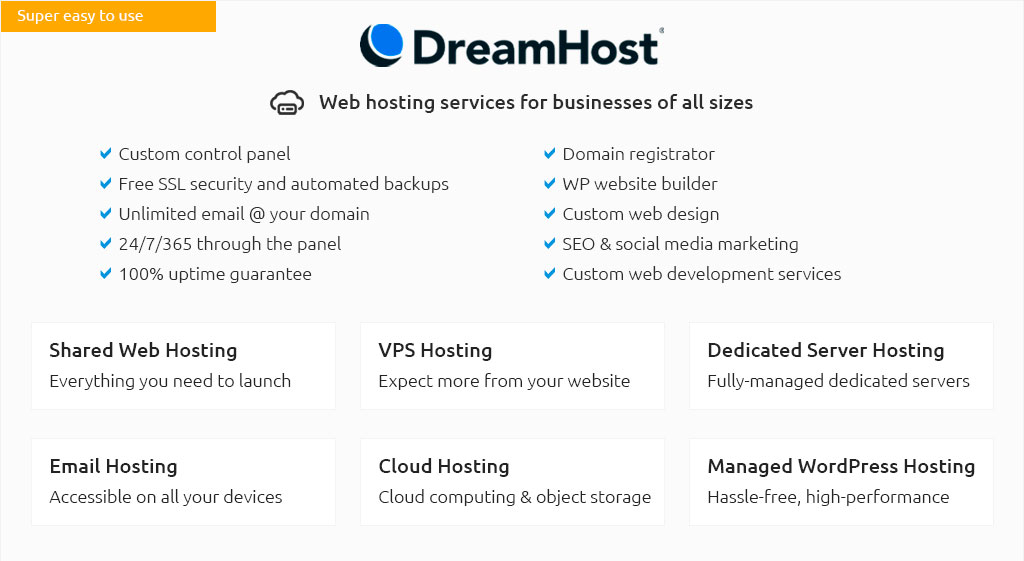 |
|||
 |
 |
 |
|
 |
|
 |
 |
 |
|||
 |
|||
 |
|||
 |
|||
 |
 |
Understanding Dedicated Server Providers: What to ExpectIn the rapidly evolving digital landscape, choosing the right dedicated server provider can be a pivotal decision for businesses seeking to enhance their online presence and ensure optimal performance. A dedicated server, unlike shared hosting, offers a private environment for a single client, providing enhanced security, speed, and customization. However, as one embarks on this journey, it's crucial to understand what to anticipate from a dedicated server provider. Firstly, performance is a key benefit of dedicated servers. With resources exclusively allocated to your business, applications run faster and more efficiently. The absence of competing demands from other websites means that you experience consistently high performance, which is particularly important for websites with high traffic or complex applications. This exclusivity ensures that your operations are not compromised by the activities of others, providing a seamless experience for end-users. Reliability is another significant advantage, with dedicated servers offering superior uptime compared to shared servers. Providers often guarantee a certain level of uptime, often 99.9%, ensuring that your website remains accessible to users at all times. When considering a dedicated server provider, security is paramount. These providers offer robust security measures that protect sensitive data from cyber threats. With full control over your server, you can implement your security protocols, ensuring compliance with industry standards and regulations. Additionally, dedicated servers are less vulnerable to malware and hacking attempts, as they are isolated from other clients’ activities. Customization is another notable feature. Unlike shared hosting, dedicated servers allow you to tailor the server environment to meet your specific needs. Whether it’s installing custom software, configuring settings, or optimizing server performance, the flexibility offered by dedicated servers is unmatched. This level of control is particularly advantageous for businesses with unique technical requirements or those looking to scale their operations. However, with these benefits come responsibilities. Managing a dedicated server requires a certain level of technical expertise. While some providers offer managed services, where they handle server maintenance and support, it’s essential to consider whether your team has the necessary skills to manage an unmanaged server effectively. Managed services can relieve your team of the day-to-day server management tasks, allowing them to focus on core business activities. Pricing is another factor to consider. Dedicated servers are a more significant investment than shared hosting, but the benefits often justify the cost. Providers typically offer a range of plans, allowing businesses to choose a solution that fits their budget and requirements. It's essential to evaluate the cost against the expected benefits, ensuring that the investment aligns with your strategic objectives.
In conclusion, selecting a dedicated server provider involves careful consideration of various factors, from performance and security to cost and technical expertise. By understanding what to expect, businesses can make informed decisions that align with their goals, ensuring a robust online presence that meets the demands of their users. As digital requirements continue to grow, the role of dedicated servers becomes increasingly critical, providing a foundation for innovation and growth. https://aws.amazon.com/what-is/dedicated-server/
A dedicated server is a physical server that's assigned to a single organization. You need a server to host or run your applications and websites. https://contabo.com/en-us/dedicated-servers/
Contabo has the best cloud server price-to-performance because of how we select hardware, get nice discounts on purchase prices, and manage our data centers ... https://www.inmotionhosting.com/dedicated-servers
Get the best value on fast and customizable dedicated server hosting solutions. Our products and expertise allow us to create tailored digital infrastructure ...
|